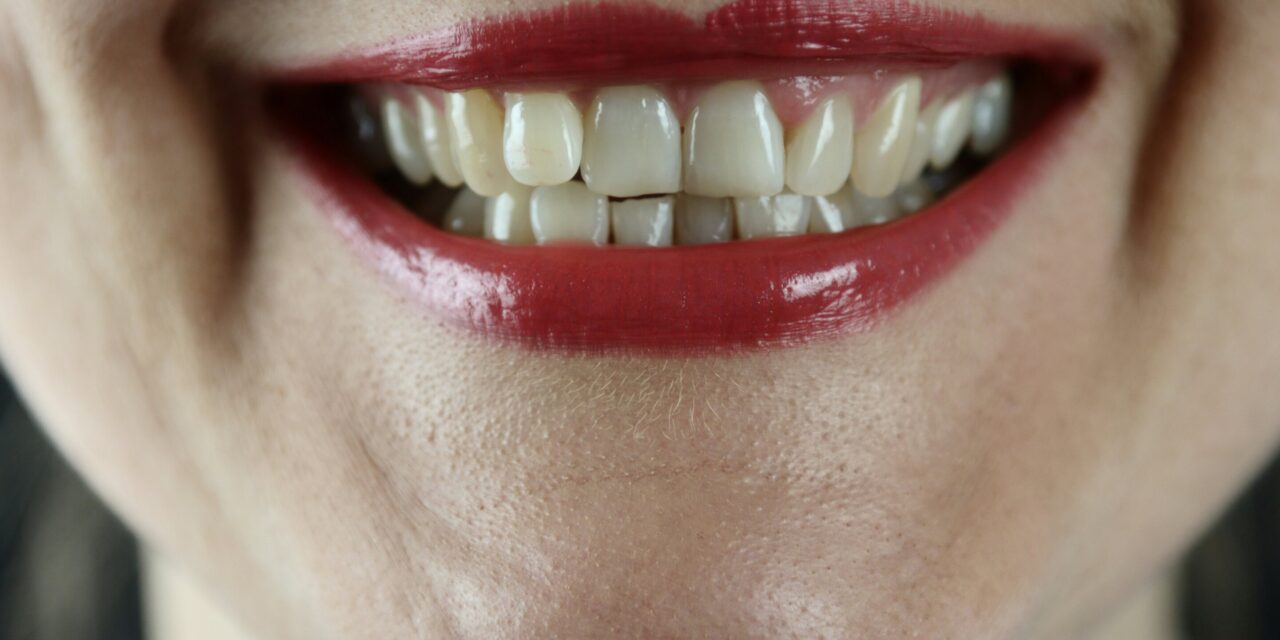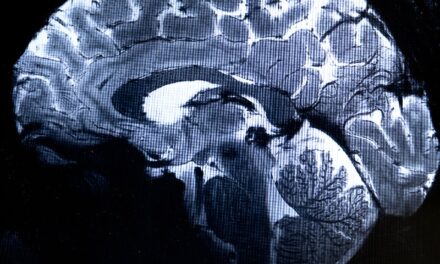A recent study conducted by Rutgers Health has found a significant link between tooth loss and an increased risk of obesity among older adults. The study, published in the journal Gerodontology, analyzed the medical records of 1,765 individuals aged 65 to 89 and revealed that those with at least 21 teeth were more likely to maintain a healthy body weight compared to those with fewer teeth.
The research highlighted that each additional missing tooth was associated with a 2% increase in the likelihood of obesity. Furthermore, the absence of each pair of opposing molars corresponded to a 7% higher risk of becoming obese. Lead author Rena Zelig, an associate professor at the Rutgers School of Health Professions, explained that the difficulty in chewing caused by missing teeth could lead to a diet of softer, less healthy foods.
“Many healthy foods, particularly raw fruits and vegetables, are hard to eat when you lack a functional dentition,” said Zelig. “When people, especially older adults, are missing teeth and experience difficulty chewing, they start eating foods that are easier to eat but less healthy, like mashed potatoes, cookies, or doughnuts. These foods are typically higher in calories, fat, and sugar, resulting in weight gain.”
The study suggests that dentists could play a crucial role in mitigating this issue by advising patients on how to adapt healthier foods to make them easier to consume. Techniques such as peeling, cutting, cooking, or blending can make nutritious options more accessible. For instance, vegetables can be incorporated into soups or stews, and fruits can be added to smoothies or parfaits.
The analysis involved data from adults who received treatment at the Rutgers School of Dental Medicine between 2016 and 2022. Researchers used statistical methods to adjust for various factors that could affect body mass index (BMI), such as age, gender, and existing health conditions. Notably, 73% of the participants were either overweight or obese, with the median number of remaining teeth being 20, just below the threshold of 21 needed for effective chewing.
The study also revealed that while back teeth are crucial for chewing and maintaining a healthy weight, the number of front teeth did not significantly impact weight status. This finding emphasizes the importance of back teeth in overall health and weight management.
Steven Singer, a co-author of the study and chair of the dental school’s Department of Diagnostic Sciences, underscored the interconnectedness of oral health and general health. “There’s a tendency to separate oral health from every other type of health, but oral health profoundly affects overall health,” he said. “The mouth is indeed the mirror into the rest of the body. Dentists are also the medical professionals that many people see most frequently, so it makes sense to have them regularly check the key biomarkers of health, like weight and blood pressure, and work with patients whose results indicate issues or refer them to other caregivers.”
The study adds to the growing body of evidence linking poor dental health to various health issues, including oral cancer, cardiovascular disease, and diabetes. It highlights the critical role of maintaining good dental health in supporting overall well-being, particularly in older adults.
For more information, refer to the study: Rena Zelig et al, Dentition and weight status in community‐dwelling older adults, Gerodontology (2024). DOI: 10.1111/ger.12747












